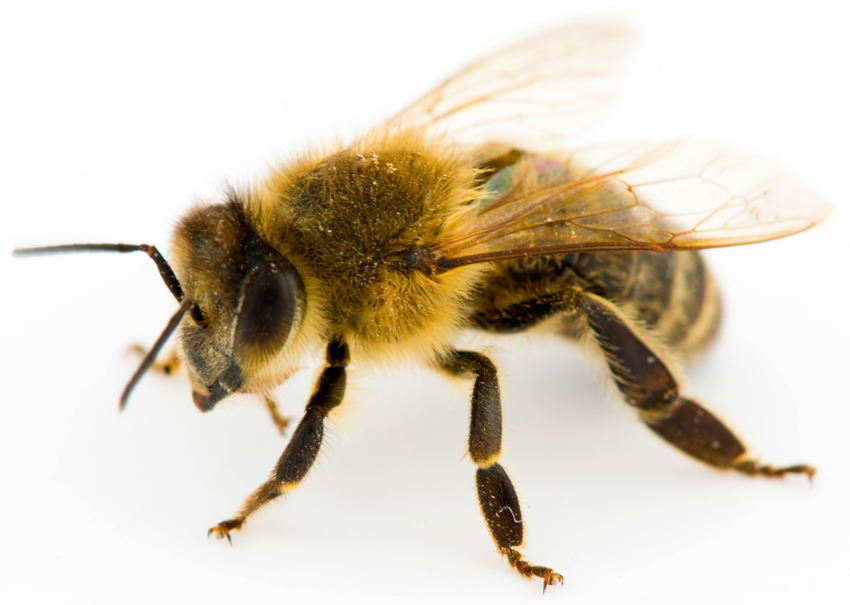Bee Town: Endangered Nationally, Honeybees Are Thriving in Boston

Photo via Thinkstock
When Noah Wilson-Rich launched the Best Bees Company in 2010 and began selling honeybee hives out of his South End apartment, his landlord, rather than freak out, decided to buy a hive from his tenant for himself. Since then, he’s watched it produce a lot of honey—almost 100 pounds last year alone. Wilson-Rich, meanwhile, has sold 28 other hives around town in the past couple of years. Boston, it turns out, is something of a bee haven.
This is welcome news, because the honeybee has fallen on hard times. Starting in 2006, the North American population entered a massive and mysterious die-off, known as Colony Collapse Disorder, which continues to this day. Wilson-Rich, a behavioral ecologist with a Ph.D. from Tufts, recognized that here in Boston he could help turn things around. The city—with its plethora of gardens and parks, its limited use of pesticides, and its growing number of rooftop gardens—has all of the elements necessary to support a healthy bee population.
In fact, Boston’s parks and gardens, with their ecological diversity, are in some ways better for bees than the surrounding countryside, where monoculture is pervasive. Wilson-Rich’s own hives bear this out: Those he maintained in Boston and Cambridge last year yielded an average of 26.25 pounds of honey per hive, while the ones he had elsewhere yielded an average of just 16.75 pounds.
Wilson-Rich’s efforts are part of a larger trend in Boston, where, improbably, a number of major downtown hotels are getting into the bee game. Both the InterContinental Boston and the Seaport Hotel now maintain apiaries with hundreds of thousands of bees on their roof decks, a practice they started initially to produce their own honey, but that they now also celebrate as a way to help pollinate the Greenway, Boston Common, and the Public Garden. Wilson-Rich himself now manages the hives at the Fairmont Copley Plaza (whose bees pollinate the Fenway Victory Gardens), and he’s installed four hives at the Four Seasons. But he’s not in it for the money, or the honey. He’s putting all of his profits toward the search for a vaccine that might stop the national collapse of the honeybee population.


